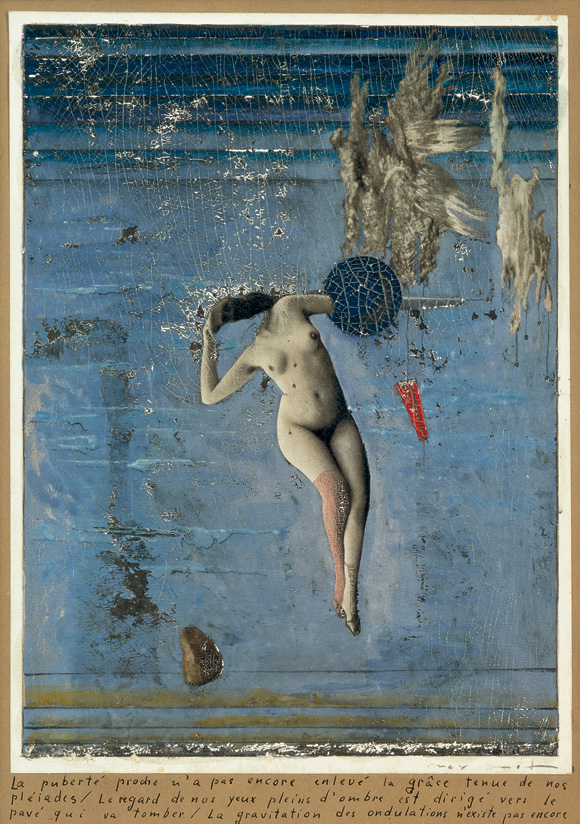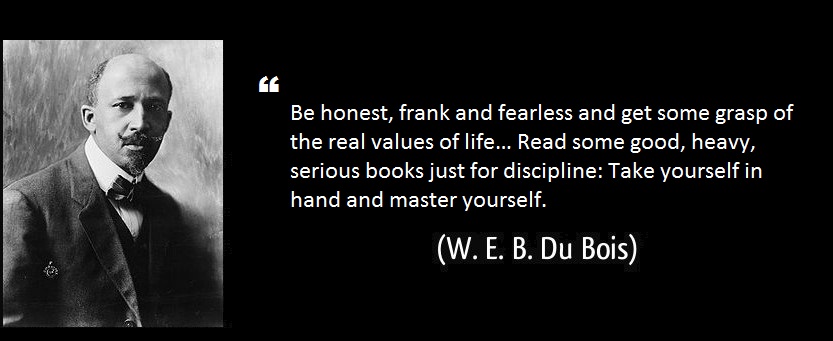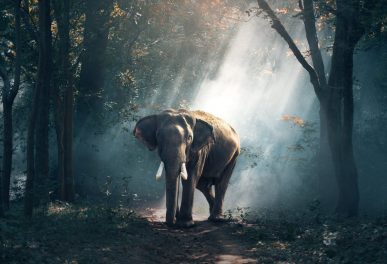Teens go through a period of “invisibility,” naively assuming that they are never vulnerable to harm.

Teenage Love by Xhon Dervishi
We have all been there. Some of us are just now adapting to this phase of our children’s life. In many ways, teenage years represent the most transformative and sometimes tumultuous phase of our lives. Teenagers aren’t quite an adult yet, but are no longer children either. Almost as difficult as this time can be for teens, it is as seemingly impossible for the parents to navigate. For some parents, it’s as if their child has been possessed by some overly emotional spirit. Suddenly they feel like they don’t know their own child anymore and the dynamics of the parent-child relationship are thrown completely off kilter.
Teenagers often have ambitions to fly off to a new, larger world. To this effect, Stephen King observed, “If you liked being a teenager, there’s something really wrong with you.” Scientists have discovered that there are abrupt and rapid growth of certain cells within the frontal lobe (the part that sits behind your forehead) of the brain in early teenage years, around the age of 15.
Another complicated characteristic of teens is the tendency to engage in high-risk behaviors. Teens go through a period of “invisibility,” naively assuming that they are never vulnerable to harm. The neuro-hormonal changes can cause drastic behavioral and mood swings at times and throw the parent for a loop.

Approaching Puberty (The Pleiades), 1921 by Max Ernst. Virginity and lasciviousness, the celestial and the earthly, floating and falling, grace and destruction—in this intriguing work Max Ernst holds a wealth of opposites in balance. Click image.
Puberty is meant to be a phase in our lives during which we blossom from small, dependent creatures into prepared, self-sufficient adults capable of propagating life. From a biological standpoint, this is the most important juncture in the life of humans. Any malfunction in this process and we risk losing the ability to pass on our genes.
Because of the evolutionary pressure involved in preparing us for reproduction, puberty is probably the most tumultuous phase of human life.
Our minds, at this time, are constantly obsessed with instant gratification, persistently seeking the promise of immediate pleasure and psychological security. This is our minds’ way of pressuring us to reproduce—by forcing us to make sexual gratification our top priority. For this reason, the desire to breed remains the most powerful impulse in all of nature. Friction ignites between teens and their parents when parents fail to recognize the teenage minds’ pleasure-obsessed makeup, particularly because an adult, who’s already exited puberty, will often have long subdued these seemingly juvenile attachments to transitory and immediate pleasures.
The incapacity to empathize with our pubescent children is an example of the stark evolution of the mind throughout the different phases of life. Our minds’ desires run the gamut at each stage of the aging process. As we grow, our priorities shift from the need for instant gratification (brought on by the necessity to spread our legacy) to the desire to nurture our offspring.
Shifting Priorities
Our cravings are entirely strategic—the mind’s sophisticated way of preserving its form. When we reach the phase of reproductive capacity and essentially copy ourselves into our children, we experience a level of caring for our offspring previously foreign to us. We care for our children even more deeply than we care for ourselves.
This is how our mind functions. All this is part of being human; a human expression. Unless we understand the nature of our mind, why and how it devises various strategies at different phases of our life to thrive, we will overcome by the more difficult stages of life such as puberty.
The question is: Why are these abrupt and complex changes associated with our teenage years? To understand this is to recognize the bigger picture of our mind.
Recognizing Stages
Our life cycle is characterized by seamless stages, each of which allows our minds to develop different strategies with one overarching goal: Keep living.
Butterflies, for instance, experience a larval stage. The caterpillar, after hatching from its egg, doesn’t stop eating for about two to three weeks, during which time it grows tremendously.When physical maturation is achieved, the caterpillar enters adulthood, and numerous hormonal changes lead to a biochemical disassembly of its current form, transforming it into a beautiful butterfly. The creative destruction of one form births another. The young butterfly will now seek out a mate and allow the cycle of life to repeat once again. Bernard Heinrich, an eminent biologist, writes: “The radical change that occurs does indeed arguably involve death followed by reincarnation.”
It appears as though one form (the caterpillar) completely transforms itself into another form (the butterfly) in a blatant example of how the core of life devises many survival strategies in order to actively participate in this web of nature. Nearly identical to the stages of human life, caterpillars possess a strong capacity to thrive, specialized for little else but feeding during the period of preparation before the next phase of life, similar to children. Like adults, butterflies are fine-tuned for flight and reproduction, comparable to an adult leaving the nest and gearing up for procreation.
The human life cycle is less blatant, but we can still see how our survival strategies are typified at each stage. The first is comprised of our feed and grow stage, the second is our procreation stage, and the third is nurturing our offspring. Separating these first two distinct periods is the transient phase of puberty. While this time is considered to be simply transitory, it is actually a prominent point with its own unique physical and mental characteristics.
What the teenager learns and does during this evolution of the brain combined with their own genetic heritage will consolidate the wiring in certain parts of the brain. So, if the teen is learning skills such as music or math, those are the connections that are hardwired and will retain their connections for years down the line, even if they are not actively using them later in life.
Therefore, it’s the duty of the caregivers to be practice extreme patience and continue to nurture those skills that are conducive to the overall development of the teenage mind, not only for the time being, but for many years to come for a fruitful future.
If the teen is learning skills such as music or math, those are the connections that are hardwired and will retain their connections for years down the line, even if they are not actively using them later in life.
Keys to Nurturing the Relationships
Knowing the facts behind teenage angst is key to successful parenting during these years.
The three things that will ease the tension between adults and the adults-in-transitions:
- Empathize, as often as possible, remembering how it felt for you to struggle as a teenager.
- Encourage your teenager to channel their energy and emotions into creative, productive outlets – help them find hobbies to help occupy and shape their quickly changing minds.
- Listen first – talk to your teen, not at them.
This complex period can make or break your bond with your child, so be prepared to weather the storm by arming yourself with the knowledge of why your teen is behaving and reacting certain ways. Allow the teenage years to come and go – fight through them, and then move on!
In a profoundly loving and luminous letter, sociologist and civil rights activist W.E.B. Du Bois, the first African American person to receive a doctorate from Harvard wrote to his teenage daughter Yolande in 1914,
Remember that most folk laugh at anything unusual, whether it is beautiful, fine or not. You, however, must not laugh at yourself. You must know that brown is as pretty as white or prettier and crinkley hair as straight even though it is harder to comb. The main thing is the YOU beneath the clothes and skin — the ability to do, the will to conquer, the determination to understand and know this great, wonderful, curious world. Don’t shrink from new experiences and custom. Take the cold bath bravely.

W. E. B.” Du Bois (February 23, 1868 – August 27, 1963) was an American sociologist, historian, civil rights activist.





